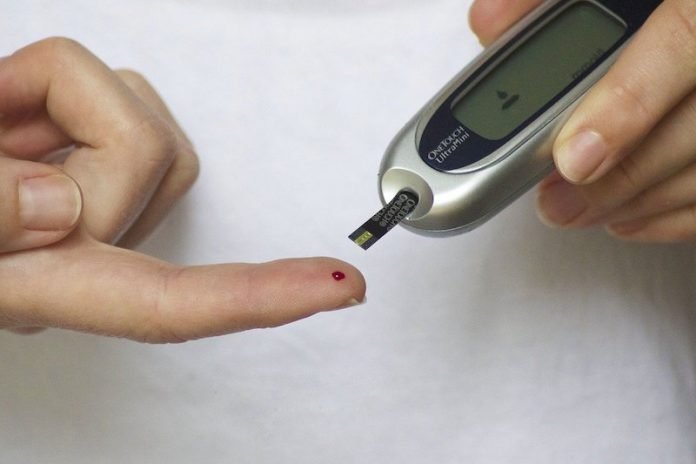
In a recent study published in Diabetologia, researchers discovered one of the reasons why more than 50 percent of people with type 2 diabetes die from heart disease.
And perhaps more importantly, they have found how to treat it.
The study is from the University of Otago. One author is Associate Professor Rajesh Katare.
It has been known that stem cells in the heart of diabetic patients are impaired. While stem cell therapy has proved effective in treating heart disease, it is not the case in diabetic hearts.
It has not been known why; until now. It comes down to tiny molecules called microRNA which control gene expression.
In the study, based on the results of laboratory testing, the team identified the number of microRNAs that are impaired in stem cells of the diabetic heart
Among several microRNAs they identified that one particular microRNA called miR-30c — which is crucial for the stem cells’ survival, growth and new blood vessel formation — is reduced in the diabetic stem cells.
All these functions are required for stem cell therapy to be successful in the heart.
Importantly, they also confirmed that this microRNA is decreased in the stem cells collected from the heart tissue of the patients undergoing heart surgery.
Researchers were able to then increase the level of the lacking miR-30c in the heart by a “simple injection.” This resulted in significantly improving the survival and growth of stem cells in the diabetic heart.
This discovery has newly identified that impairment in the microRNAs is the underlying reason for the stem cells being not functional in the diabetic heart.
More importantly, the results have identified a novel therapy for activation of stem cells in the heart using microRNA, without the need to inject stem cells, which is a time and cost-consuming process.
The team says it could help diabetes- sufferers lead a longer, quality life. They will now undertake more laboratory testing before moving on to humans.
If you care about heart health, please read studies about taking these two drugs may protect you from heart attack and stroke and findings of this daily supplement may decrease your risk of heart disease.
For more information about heart disease and your health, please see recent studies about this drug may benefit people with heart failure and results showing that tooth loss linked to higher risk of heart disease.
Copyright © 2021 Knowridge Science Report. All rights reserved.



